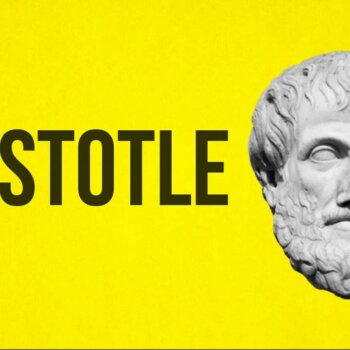Everybody has an opinion about Tesla TSLA. A few months ago, I remember some of my students’ outrage on a senior management course I teach at IE Business School when I told them I believed the company had a great future. The reason? In an earlier class, their strategy professor had been predicting imminent bankruptcy.
I suppose that teacher, like Bob Lutz at the time, will be unable to explain why last Wednesday Tesla announced another quarter of positive results. This isn’t financial engineering: these are GAAP-compliant results. We’re talking about real earnings, real profits, real money, in a quarter that also corresponds to the expiration of federal tax incentives for the brand’s customers. So much for those who used to say that electric cars would only be attractive when heavily subsidized.
We should also remember that these results came at a difficult time, during the coronavirus pandemic, when the world economy came to a halt and the company was forced to close its factory in Fremont for a good part of the time. What’s more, “inexplicably”, this is Tesla’s third-consecutive quarter in the black.
Three months of trying to figure out the unexplainable is bad for the health. But even so, I have no sympathy whatsoever for my colleague who teaches strategy, or for the other doomsayers who predicted Tesla’s failure. Let me say here that I don’t own shares in the company, but I do run one of its cars. More importantly, Tesla’s success is forcing traditional carmakers to transition to electric vehicles, which is good news for everyone, because, as we now know,”electric vehicles pollute more” just isn’t true. Tesla is a conundrum for its critics: their arguments just don’t wash.
Having produced more than a million vehicles, Tesla is is set to change the evolution of the automotive industry. The pandemic is hitting traditional manufacturers and their supply chains with huge losses: last month, Ford Motor Company F said it would draw down US$15.4 billion from two of its revolving credit lines and suspend a dividend payment: $13.4 billion of its corporate credit line, along with $2 billion more of a supplemental credit line, and could only stand by as it was cut to junk by S&P. GM CEO Mary Barra has announced austerity measures and has drawn down $16 billion in credit. Volkswagen and other European manufacturers such as BMW and Fiat Chrysler face the gloomy predictions of analysts who say the industry’s crisis is worsening due to closures, hitting supply chains in the process.
The reaction of traditional manufacturers to this crisis has been to cancel their cutting-edge projects and go back to basics, to focus on a technology that more and more people view with misgivings and concern. The lockdown and clean air we’ve been enjoying is prompting more and more of us to think about acquiring an electric vehicle. How clean would the skies of our cities be if electric vehicles were widely adopted?
While traditional motor manufacturers continue to suffer, Tesla runs like clockwork. On April 29, its share price passed $800, and it’s now valued at more than $145 billion and the company has announced that it will meet its delivery targets of half a million vehicles for this year, despite the pandemic. The Model 3 continues to break records, the Model Y looks like it could go the same way, and the company continues to provide them with more and more features, which their owners enjoy even if they purchased their vehicles long ago. While its competitors are struggling with all kinds of problems, Tesla is sitting on $8 billion in cash reserves, lowering its manufacturing costs and increasing its margins, while strengthening its solar roof and battery manufacturing and installation business.
Should we still be surprised? Not really, Tesla owes its success to common sense and strategy. Which is more than can be said about its critics and those seeking to get rich by trying to short its shares.
About the Author
This article was written by Enrique Dans, professor of Innovation at IE Business School and blogger at enriquedans.com.





























